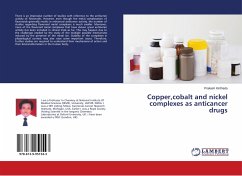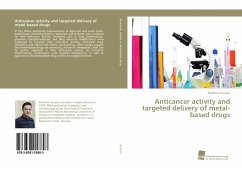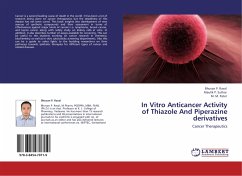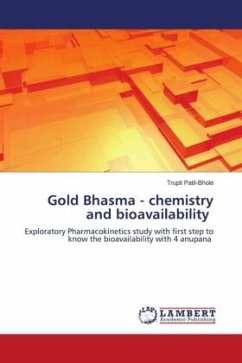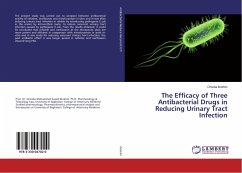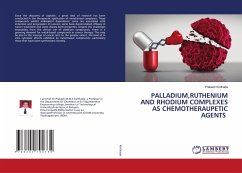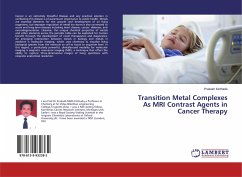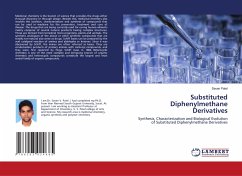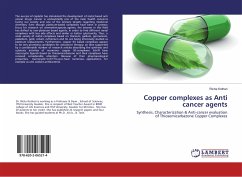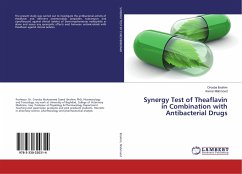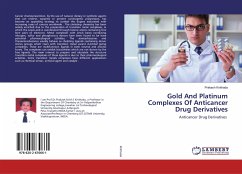
Gold And Platinum Complexes Of Anticancer Drug Derivatives
Anticancer Drug Derivatives
Versandkostenfrei!
Versandfertig in 6-10 Tagen
41,99 €
inkl. MwSt.

PAYBACK Punkte
21 °P sammeln!
Cancer chemoprevention, by the use of natural, dietary or synthetic agents that can reverse, suppress or prevent carcinogenic progression, has become an appealing strategy to combat the dogma associated with increasing cases of cancers worldwide . The chelating chemistry has been widely enriched due to the preparation of transition metal complexes, in which the Lewis acid is coordinated through hetero atoms containing free lone pairs of electrons. Metal complexes with Lewis bases containing nitrogen, sulfur and phosphorous donors have been found to be have potential pharmacological activities....
Cancer chemoprevention, by the use of natural, dietary or synthetic agents that can reverse, suppress or prevent carcinogenic progression, has become an appealing strategy to combat the dogma associated with increasing cases of cancers worldwide . The chelating chemistry has been widely enriched due to the preparation of transition metal complexes, in which the Lewis acid is coordinated through hetero atoms containing free lone pairs of electrons. Metal complexes with Lewis bases containing nitrogen, sulfur and phosphorous donors have been found to be have potential pharmacological activities. The semicarbazones and thiosemicarbazones usually behave as chelating ligands containing donor imines groups which react with transition metal vacant d-orbital giving complexes. These are multifunction ligands in both neutral and anionic forms. The complexes can exhibit bioactivities which are not shown by the free ligands. The main interest to prepare and elucidate the structure transitionmetal complexes of these ligands is due to their pharmacological activities. Some transition metals complexes have different applications such as chemical sensor, antiviral agent and catalyst .



